
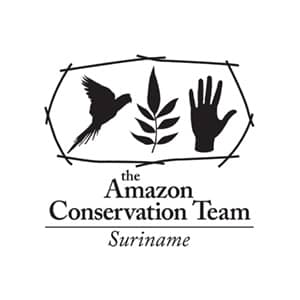
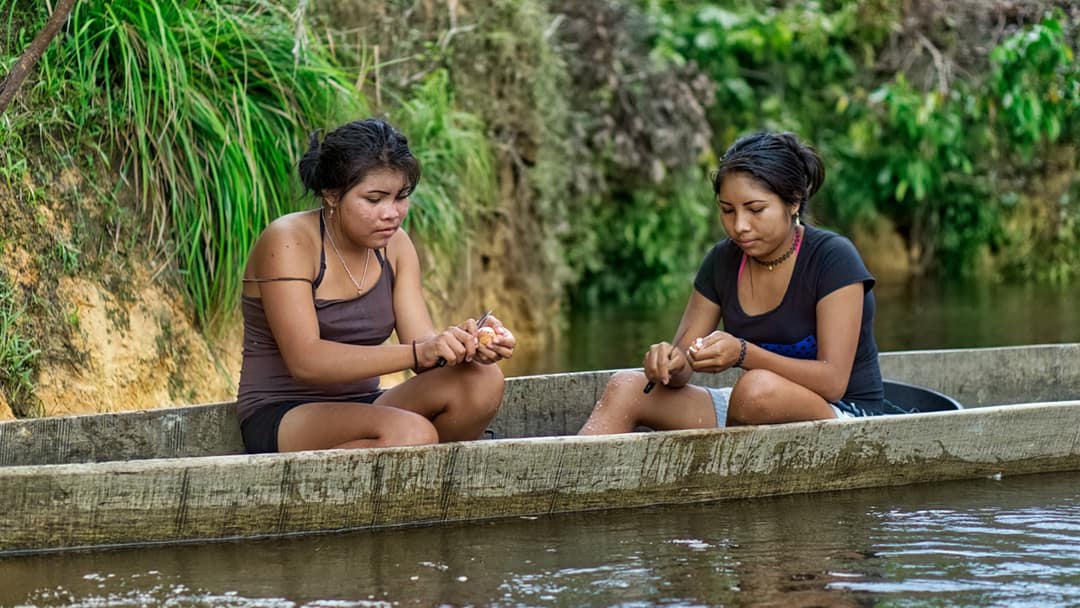
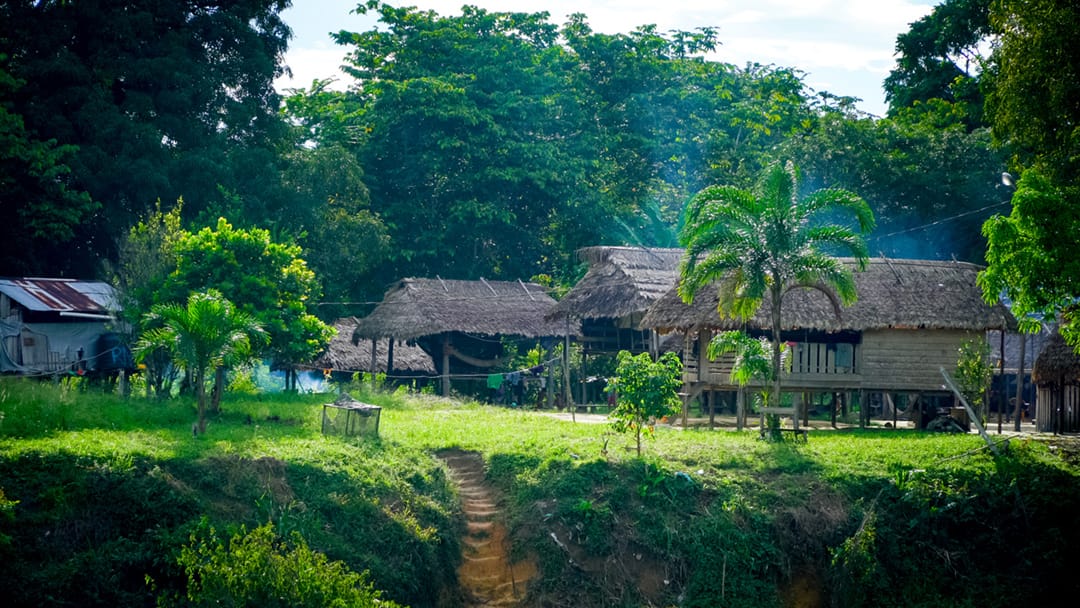

Guardians of the Amazon forest
Since 2018
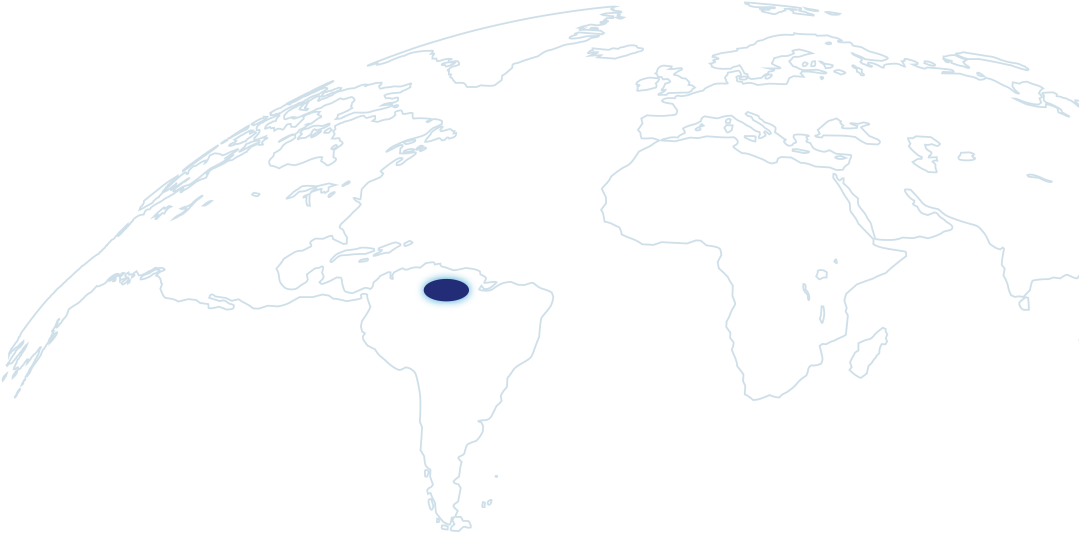
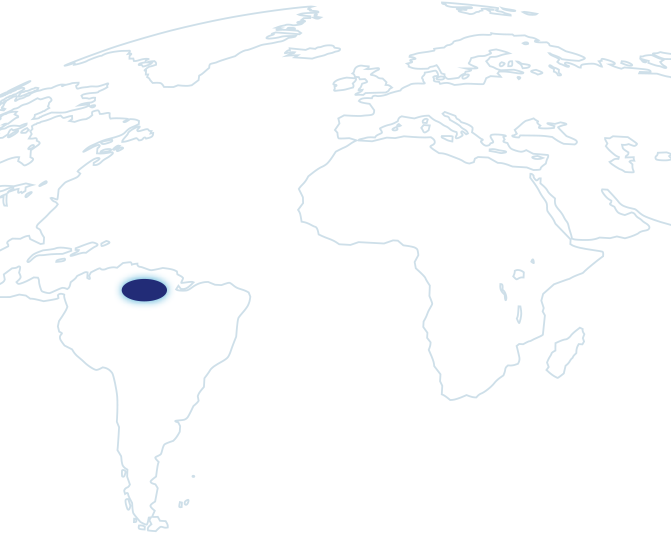
The remote northeast Amazon region is known as the eastern Guiana Shield and covers the southern parts of Guyana, Suriname, and French Guiana and crosses over into the northern part of Brazil. It encompasses one of the largest contiguous areas of relatively intact tropical forest on Earth. This area of about 34 million hectares is home to indigenous tribes (the project focuses primarily on Trios, Wayanas, Wai-wais and Wayampis) and maroon communities. It is one of the few remaining unspoiled wild places on earth. With over 1,500 vertebrate species and 6,500 plant species its value for biodiversity is enormous.
However, these vast forested landscapes are threatened by accelerating extractive activities such as mining and logging, and initiatives to build roads, dams and other infrastructure. If allowed to scale, the impacts of these threats would extend throughout the region, with disastrous consequences for the well-being and integrity of forests and indigenous and tribal peoples.
Research has shown that areas in the Amazon controlled by indigenous people have some of the lowest deforestation rates. The Amazon Conservation Team (ACT) partners with indigenous and other local communities to preserve their culture, protect ancestral lands, and safeguard the rainforest.
The programme of ACT seeks to achieve this by:
The programme also supports the further development of ACT’s organizational capacities, through support on Planning Monitoring, Evaluation and Learning (PMEL), staff skill development and on fundraising.
These initiatives aim to contribute to a future in the eastern Guiana Shield where healthy tropical forests and thriving local communities exist in a harmonious relationship with each other.
Creation of a biocultural corridor of about 34 million hectares across the north-east Amazon, that is managed by indigenous and tribal communities in collaboration with the governments of Suriname, Guyana, Brazil, and French-Guiana.
Including by 2026:
See the article(s) below:
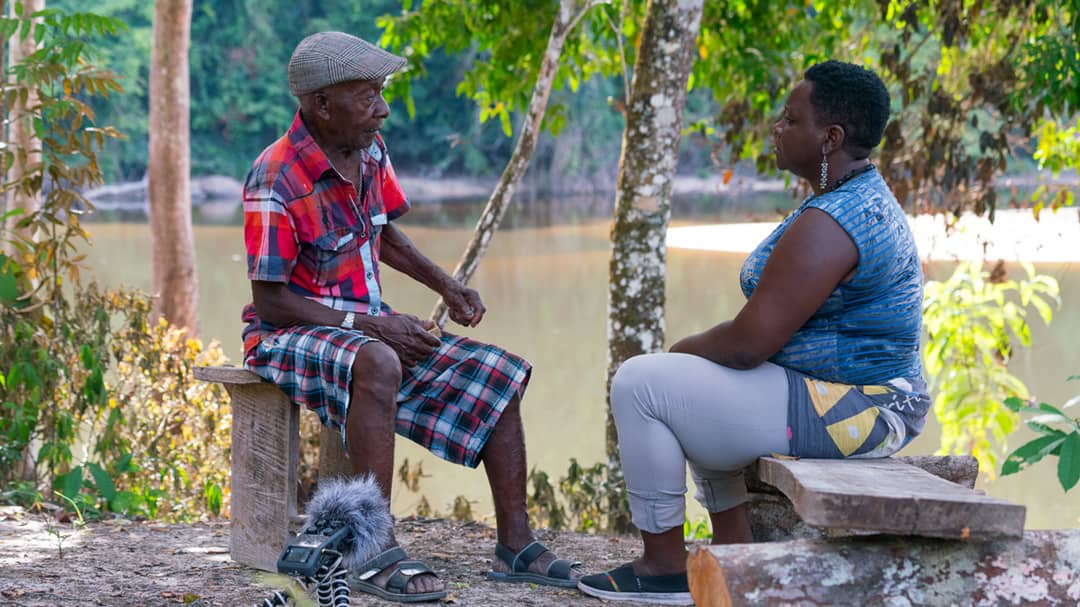
ACT wants to improve the decisionmaking process of local communities, allowing them autonomous and sustainable management of their territories. Our partner WRI has a powerful tool for data-driven storytelling. Their Resource Watch makes use of storytelling to record, recover and communicate oral histories of the communities and look for ways to use these in protecting the ancestral territories.
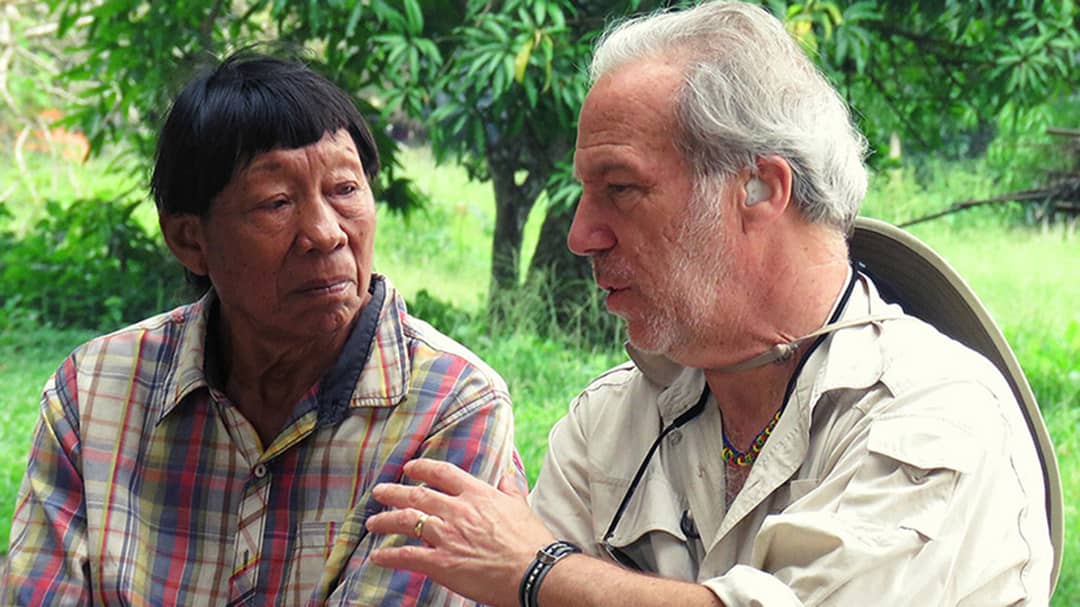
Mark Plotkin, renowned ethnobotanist and co-founder of ACT, aims with the program at the forest as a source of healing power and Amazonian indigenous communities taking control of their destiny. Read the interview.